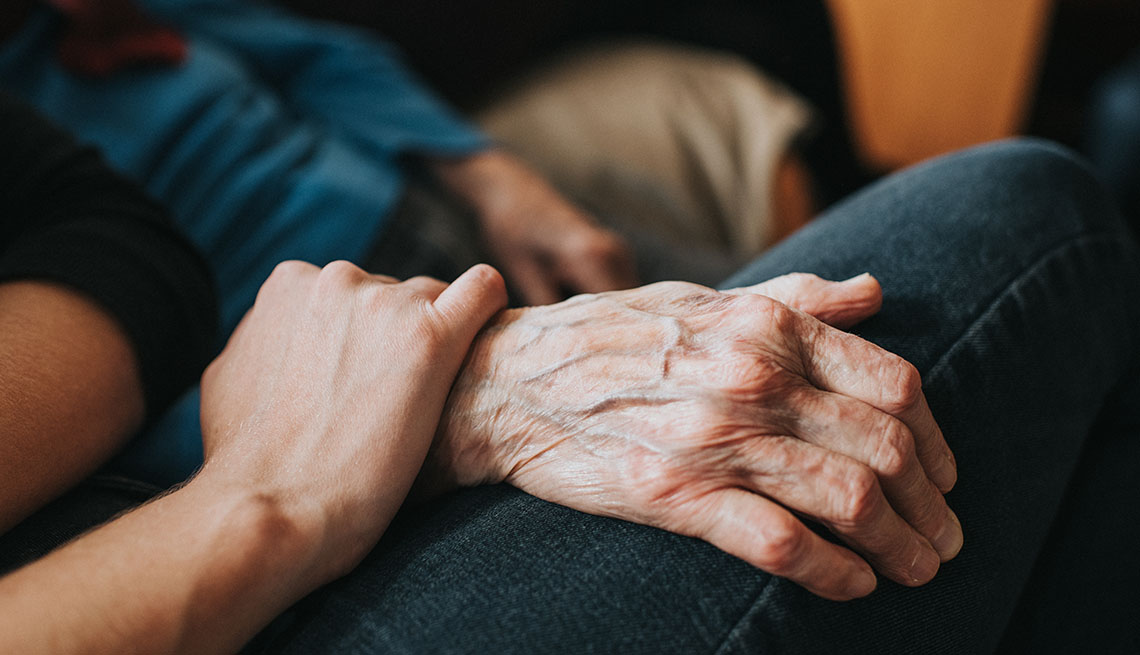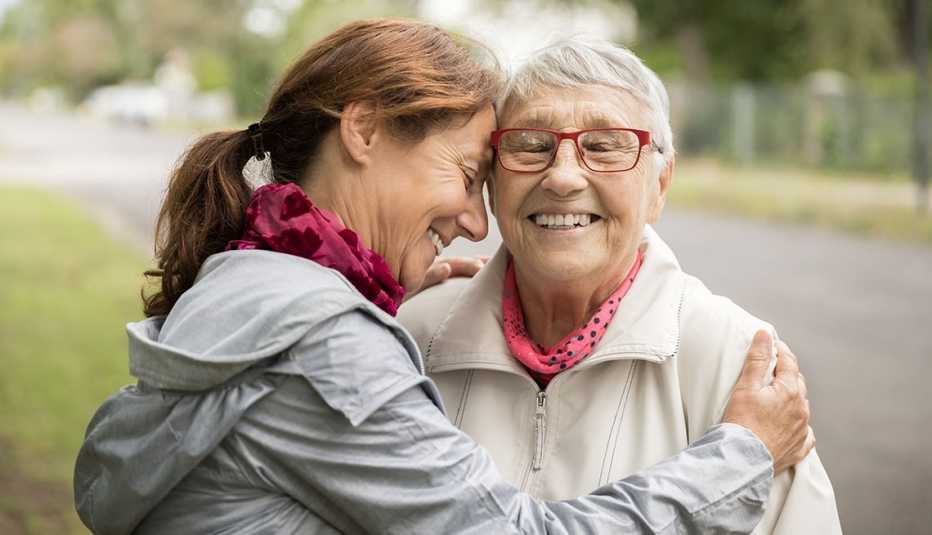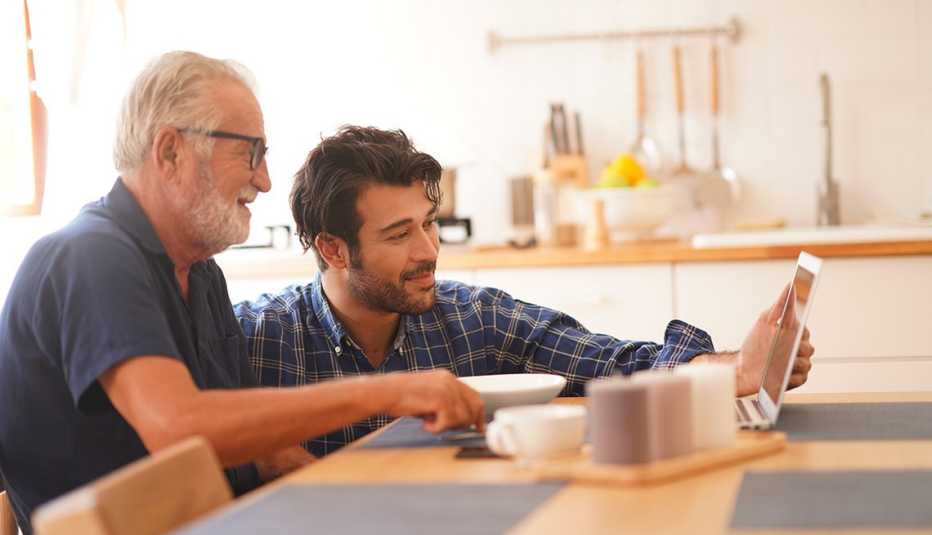AARP Hearing Center
The turn of the calendar year is my time for reflection. I look back on what’s happened in the past 12 months and form dreams for the year ahead. This December my look back has extended much further. I realized it’s been more than a decade since I became a caregiver for my mother, and my life changed forever. I can hardly remember when my days didn’t revolve around caregiving — whether I was tending to a loved one through illness or injury, raising a child or operating a business that serves other caregivers. As I take stock of all these experiences, here’s what I wish I had known when I became a family caregiver and a few of the lessons, big and small, I learned along the way.
You may become a caregiver at any age
Caregiving is not a life event we know will happen in a certain time frame, like wisdom teeth coming in or giving birth. We expect that we may take care of our elders or aging parents, probably when we are in our middle age and have established our careers or had children. But it doesn’t always happen that way. Sometimes an out-of-nowhere diagnosis or injury can upend the lives of a whole family in the span of a day. I’m not sure why our culture doesn’t embrace this truth and prepare for it. It would be so much easier to settle into the experience of caregiving resulting from a diagnosis or injury if we were comfortable in the knowledge that we may be a caregiver at 20, 50 or even 90. If you have friends or family you love, then someday — any given day — you may be called to care for them, regardless of whether you had other plans.
Expect the unexpected
Just when I think I’ve gained some competence in my caregiving routines, something surprising happens. A medication change that increases undesirable symptoms or creates new ones. Paid help doesn’t show up, or a trusted aide leaves and finds another job. A pandemic keeps us from having in-home help at all.
Our brains are wired to crave routine and consistency. It’s totally normal to feel out of sorts and adrift when you have no idea if a loved one will be spending the week at a hospital or at home — or how long they will live with dementia or with a terminal diagnosis. A constantly changing playing field, sometimes with no end goal, can be highly unsettling. Long-term caregivers learn to roll with the punches. The ones I see who are the most at peace in their caregiving role understand that they can’t control everything and that they can only do their best with present circumstances.





































































